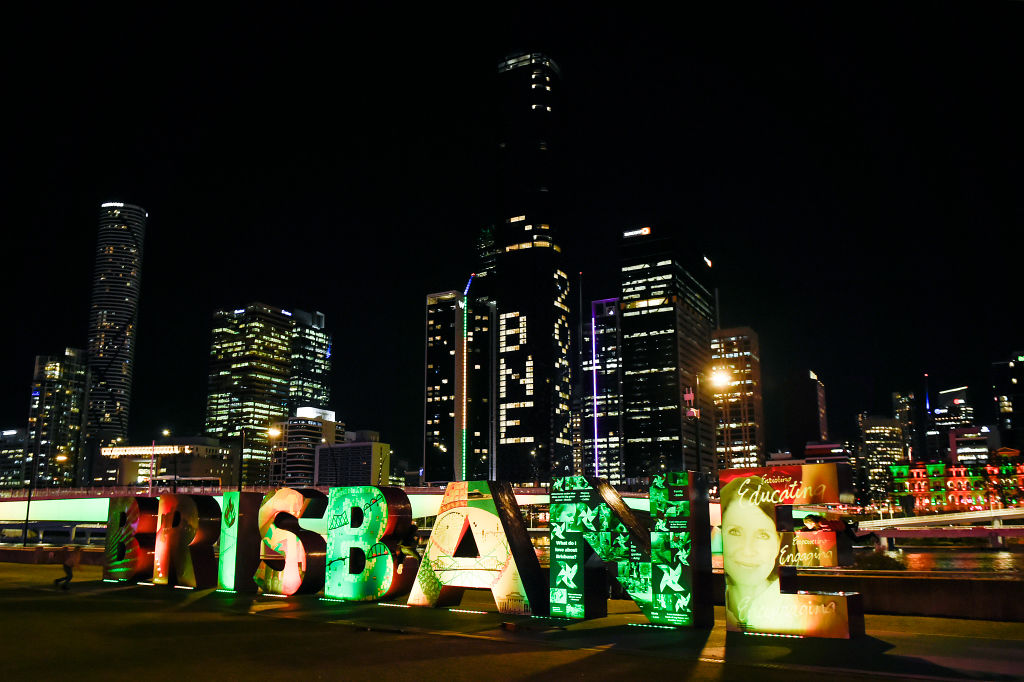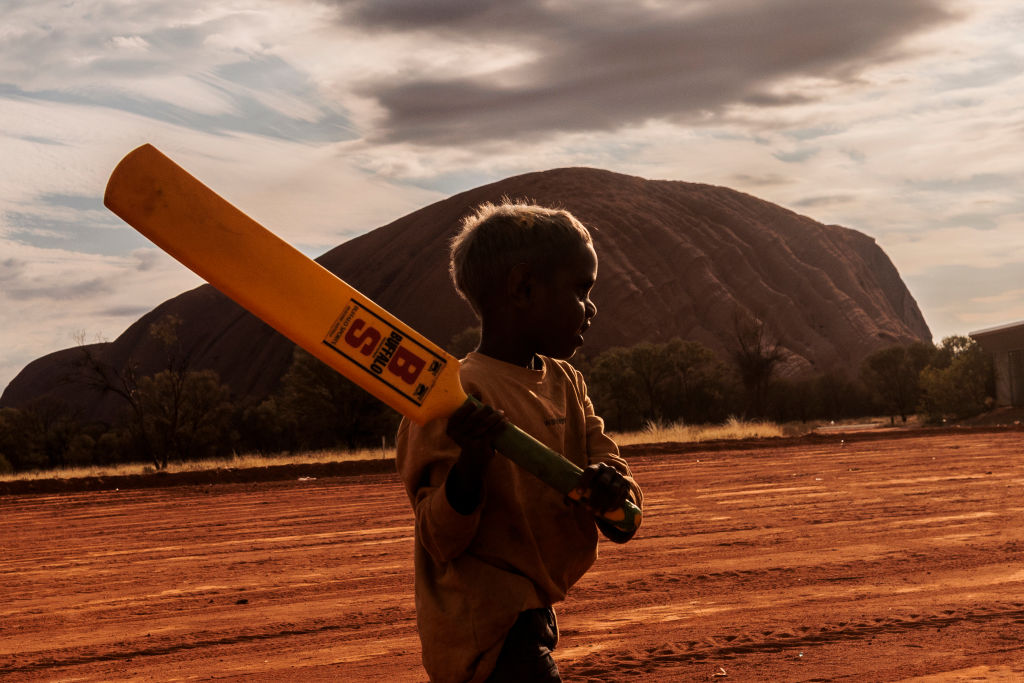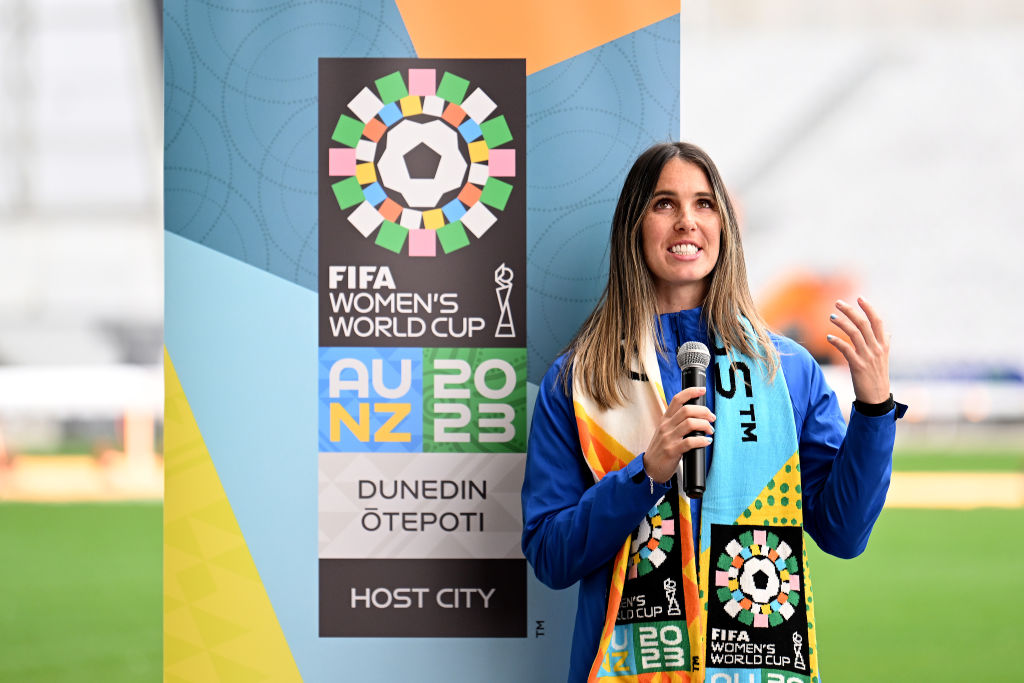A green and gold decade: Australia prepares for spell as host of sport’s biggest events

The sun-kissed nation of Australia is about to embark on a decade-long installation as the centre for world sport.
Although it was beaten by Qatar to the rights to stage the men’s football World Cup later this year, the country is set to co-host the women’s equivalent as well as Rugby World Cups, a second Commonwealth Games in eight years and the showpiece event, the Olympic Games.
It is not new to see countries hosting a batch of events in a short space of time – Britain hosted the 2012 Olympic, 2015 Rugby World Cup and the 2017 World Athletics Championships, among others – and is part of an Australian strategy that extends far beyond sport.
The Australian government in 2019 published the Sports Diplomacy 2030 strategy, a 24-page document outlining how the country can use sport to develop its political influence, especially in the Indo-Pacific region.
“Our global sporting network is a largely untapped diplomatic resource,” the report states.
“The goal is to better position Australia as a respected leader and influencer in international sport, promote greater opportunity, fairness and integrity in sports decision making and support our broader diplomatic interests.”
Sport, pre-Covid-19 pandemic, was estimated to be worth over £25bn per year to Australia in direct economic, productive and volunteering benefits, with a return on investment estimated to be seven times the investment figure at A$7 (£4) for every A$1 (58p) spent.
Chief executive of Australia’s successful 2027 men’s and 2029 women’s Rugby World Cup bids Phil Kearns told City A.M. that the events offer an “opportunity to provide a significant economic boost for Australia as a nation and to grow the game across our country and around the Pacific region”.
“Australia is a safe pair of hands to host,” he added. “The benefits far outweigh the costs and the tournament more than pays for itself. Our government and our taxpayers wouldn’t have it any other way.”
Outside of the Olympic and Commonwealth Games – which are usually single-city events requiring multiple sporting structures – World Cups can offer sporting bodies and governments a revenue surge without a steep expenses receipt.
Australia is well designed to host Rugby World Cups, and similarly will host a men’s Twenty20 Cricket World Cup later this year. It has the stadiums to house the matches and the infrastructure to turn a profit.
“It makes sense that, especially in rugby or the Commonwealth Games, for them [Australia] to host them again, because they’ve done it before they’ve got the expertise so they don’t have to buy it in,” said Eloy Mazon, chief executive of 4Global, a data company which has consulted on every Olympic Games since 2000.
“I think it’s very clever how they’re doing it because they can really focus. It’s almost like the event is done, they’re just going to deliver it. They know they’re going to do a good job.
“They can now focus on saying, ‘right, what are we going to get out of this investment?’. You can start looking at it as an investment rather than a party because you know you’re going to host it and you’re going to do a good job.”

Australia hasn’t hosted the Olympics since 2000, and 2032 will be Brisbane’s first as hosts. The original pitch document suggested the total cost for the Games could exceed £2.9bn, but for that the people of Brisbane have been promised infrastructure upgrades, parks and recreational facilities, shopping centres and, of course, venues.
London has been a prime example of a recent host reusing new venues that were built for the Olympics. The London Stadium, the centrepiece of the 2012 Games, now stages Premier League football, while the Aquatics Centre now a community pool. Some venues were packed up and shipped off to Rio while the campus became university, media and residential buildings.
A recent International Olympic Committee report showed that 85 per cent of all permanent Olympic venues are still in use, but there’s more to hosting the Games than flashy stadiums – peacocking politicians on a diplomatic mission.
“One of the biggest points that most governments are now using sports for is diplomacy, and how to utilise a sport to drive international relations and really push home the core values of the country,” Mazon added.
“How many heads of state normally attend the opening ceremony of an Olympic Games? It’s a great place to drive international relationships.
“This is something that most countries use to start driving some of those relationships and some of those bilateral relationships.
“In the case of the UK, the government signed an agreement back in 2017 with the government of Peru to support them delivering the Pan-American Games.
“Now the UK government has got a really strong position in Latin America, which wouldn’t be a natural place because of the language barriers and everything else.”
And what of those in charge of the Australian city set to host the Olympics in 2032?

“The Olympic and Paralympic Games are the pinnacle of global sporting events and Brisbane 2032 has catapulted our city onto the world stage,” Brisbane’s Lord Mayor Adrian Schrinner told City A.M.
“For us, this event is so much more than a few weeks of world-class sport at home. It’s about leveraging this opportunity to showcase our incredible part of the world to a global audience and deliver infrastructure that will continue to serve our city for decades to come.”
So as Australia prepares for a green and gold decade of sport, remember that behind the fast times, penalty kicks and super overs that grip us fans there’s a world of trade deals, diplomatic influence and partnerships running the show.